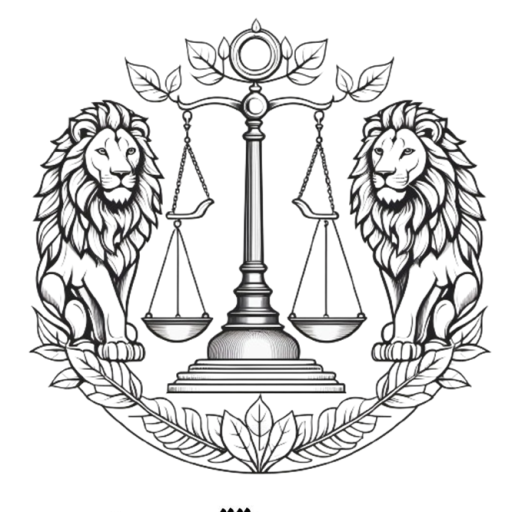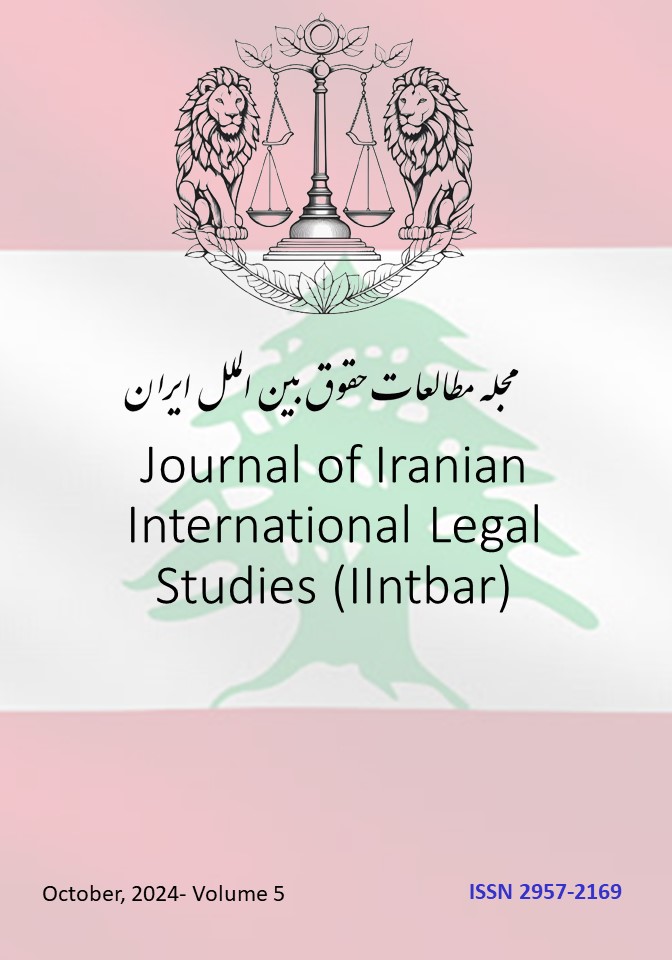Amirali R. Davoudpour
Iranian Canon of Medicine and Law, Administrative Wing of Law and Healing Association, Iranian Watchdog of Medicine and Law, Tehran-Iran
Email of the corresponding author: davoudpour@canmedlaw.org
Accepted and published November, 2024; DOI: https://doi.org/10.5281/zenodo.14055453
This article is published under CC BY 4.0 creative common license that Allows others to distribute, remix, adapt, and build upon the work, even commercially, as long as they credit the original creator.
Abstract
The interplay between visions of utopia and the presence of justice and underworlds within human thought reveals critical insights into the cyclical nature of justice, suffering, and human consciousness. Drawing upon religious, philosophical, and social narratives, this paper examines the concept of utopia as both an aspirational goal and a hidden source of oppression, particularly when framed within the metaphysical context of underworlds and cyclical suffering. Using the Buddhist concept of Samsara (the cycle of birth, death, and rebirth) as a philosophical framework, this research explores how ideological constructs—whether religious, political, or cultural—manifest as “underworlds,” shaping the realities of justice and injustice in the world. The paper argues that the pursuit of a utopian vision, when driven by ignorance or unattainable ideals or philosophical means i.e. Marxism, often perpetuates cycles of suffering and injustice, thus entrenching a human “underworld” that exists even in societies that perceive themselves as “heavenly.”
Keywords: Eutopia, Jannah, Behesht, Paradise, Promised land, Justice, Underworld, Samsara

